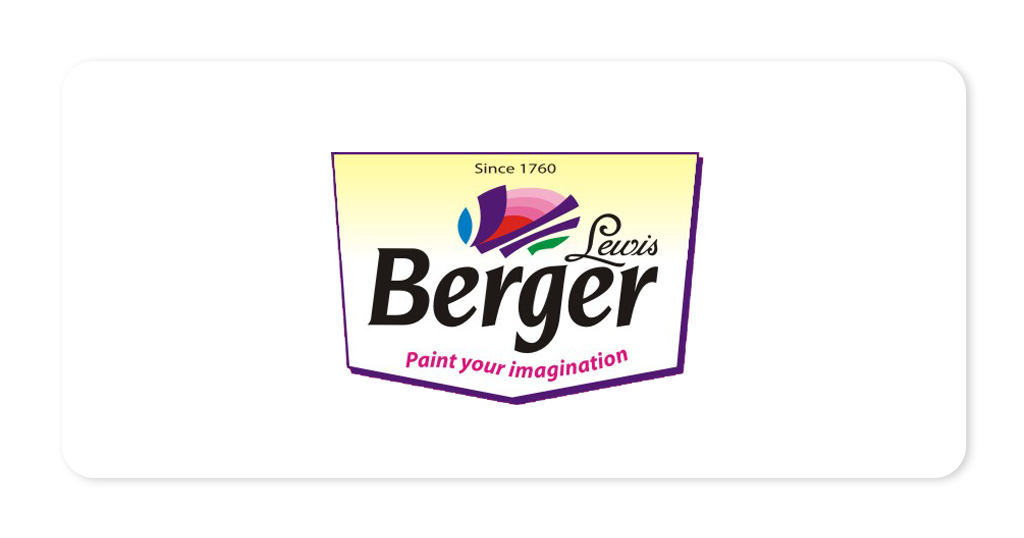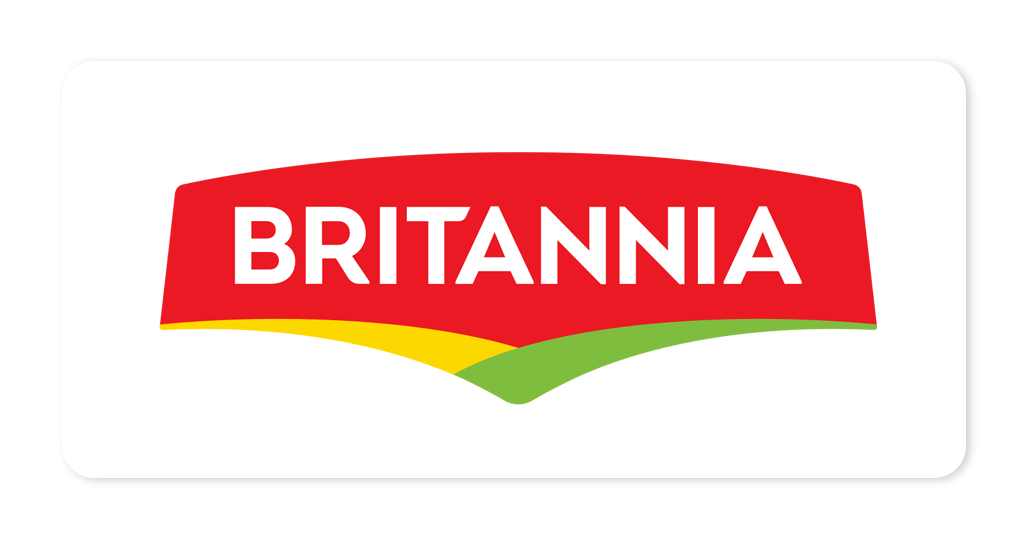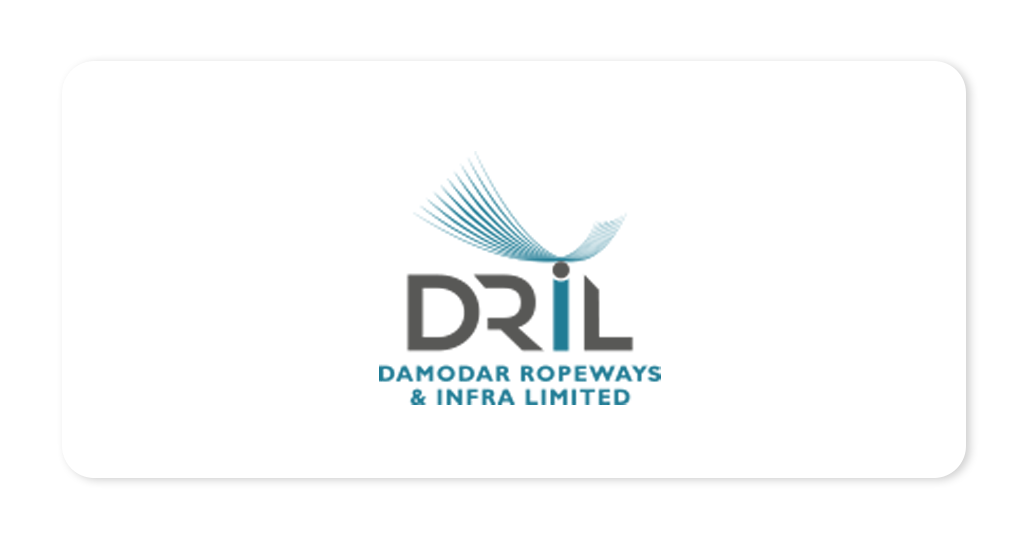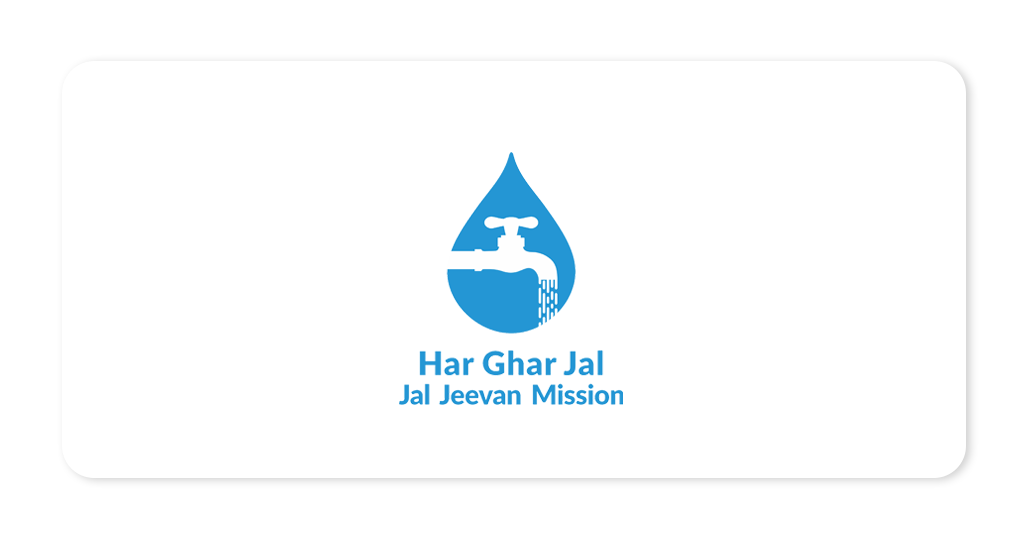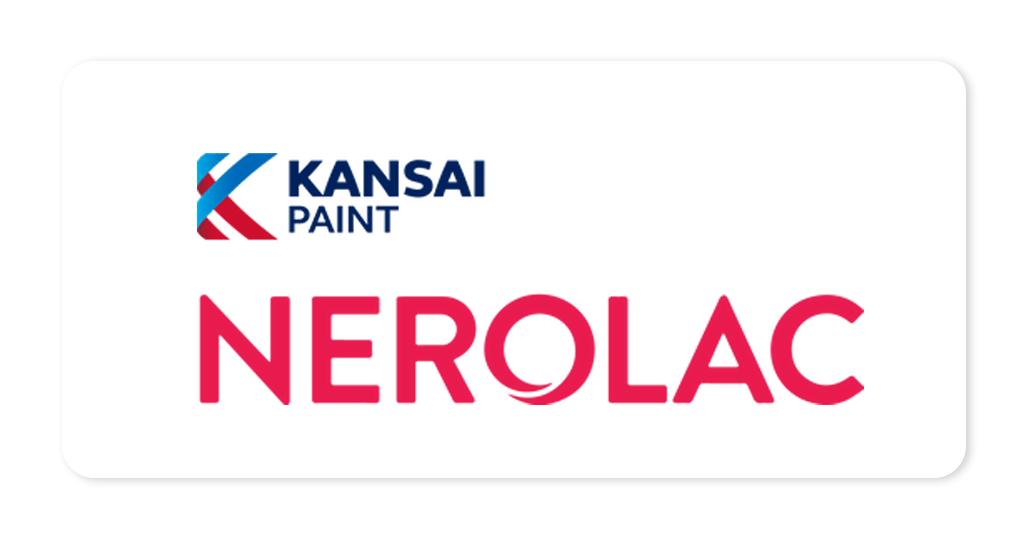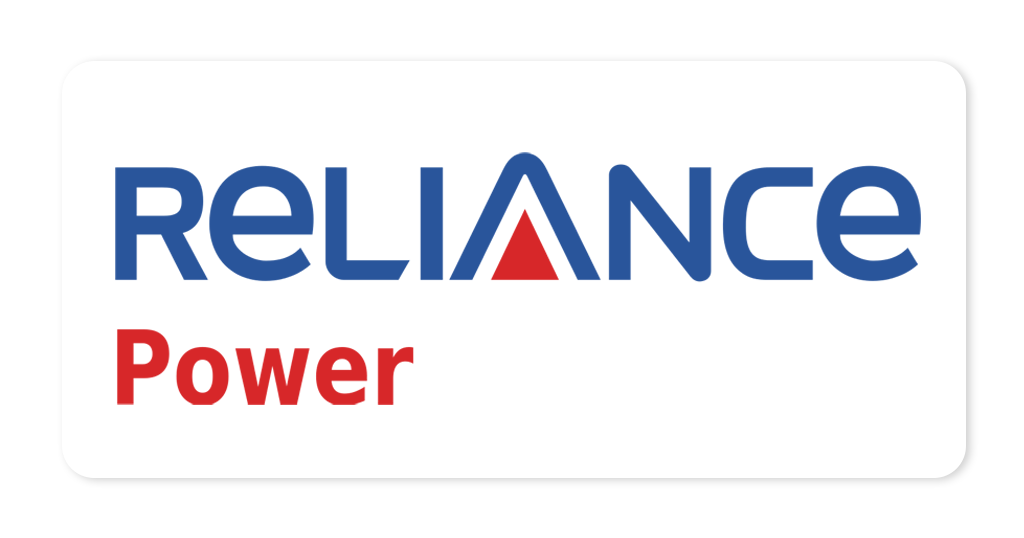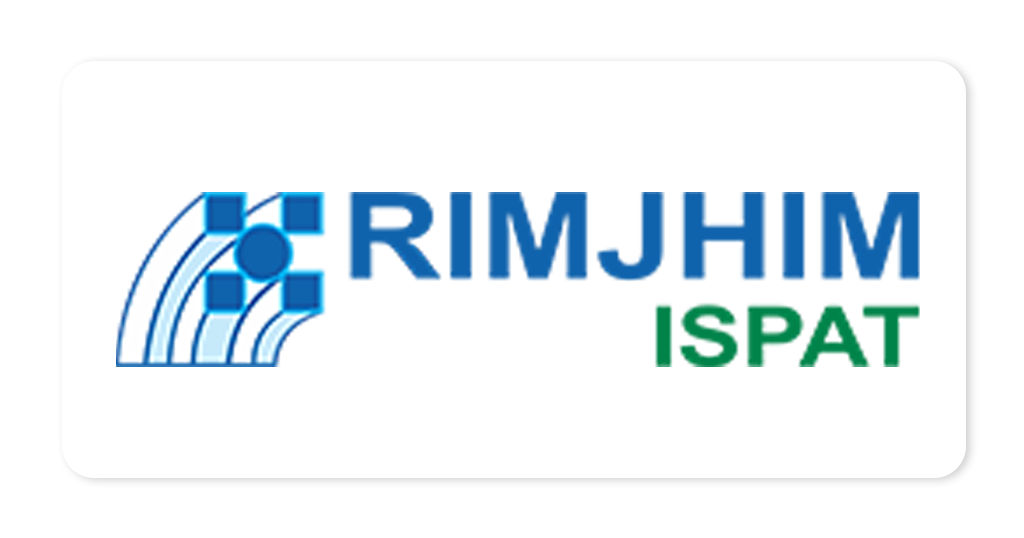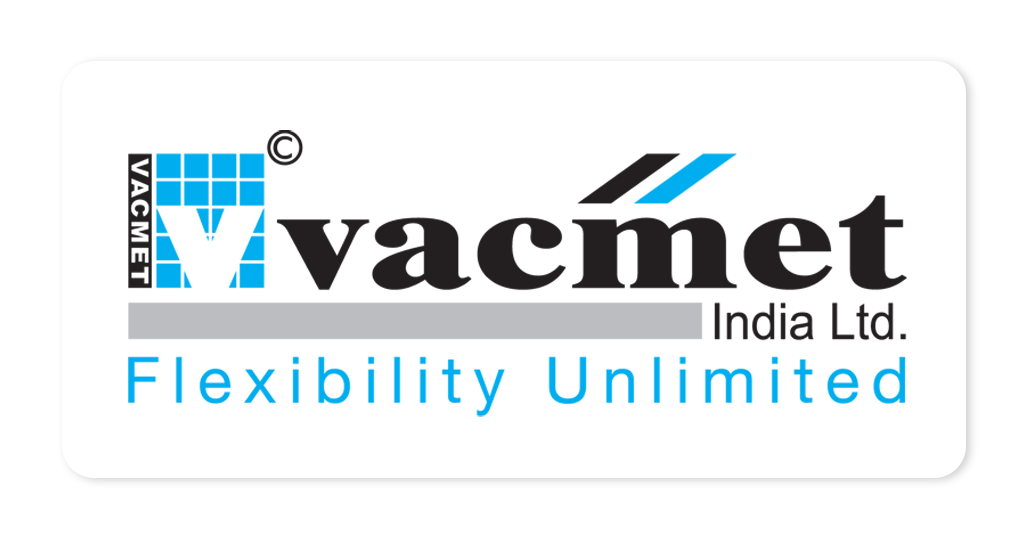21 Sep 2023
The Nexus of Environmental and Human Health: Analyzing Toxins in Water

Water is the essence of life, and access to clean and safe drinking water is a fundamental human right. However, the delicate balance between environmental health and human health is under constant threat due to the presence of toxins in our water sources. In this blog, we will explore the critical intersection of environmental and human health, delving into the toxins that can contaminate our water and the far-reaching consequences for both our ecosystems and ourselves.
Understanding Toxins in Water
Toxins in water can encompass a wide range of contaminants, from naturally occurring substances to pollutants resulting from human activities. These toxins may include heavy metals, pesticides, pharmaceuticals, industrial chemicals, and microbial pathogens. Understanding their sources, impacts, and methods of detection is essential to address the complex challenges they pose.
Sources of Water Toxins
- Industrial Activities: Many industrial processes release toxic substances into water bodies. These can include heavy metals like lead, mercury, and cadmium, as well as various chemical byproducts that can leach into groundwater or run off into rivers and lakes.
- Agriculture: Pesticides and fertilizers used in modern agriculture can infiltrate water systems, posing significant risks to aquatic life and potentially making their way into our drinking water.
- Wastewater: The discharge of untreated or inadequately treated wastewater from urban and industrial areas can introduce pathogens, pharmaceuticals, and chemicals into water bodies.
- Natural Sources: Even natural sources can introduce toxins into water. For instance, certain minerals found in rocks can leach into groundwater, leading to high levels of substances like arsenic in drinking water.
Impact on Environmental Health
Toxins in water can wreak havoc on the environment. Aquatic ecosystems are particularly vulnerable, as toxins can accumulate in organisms, disrupt food chains, and alter the balance of life in rivers, lakes, and oceans. Some key environmental impacts include:
- Biodiversity Loss: Toxins can harm or kill aquatic life, leading to a reduction in biodiversity and potentially driving species to extinction.
- Algal Blooms: Nutrient pollution from agricultural runoff can trigger harmful algal blooms, which can release toxins into water, further harming aquatic ecosystems.
- Eutrophication: Excessive nutrient input into water bodies can lead to eutrophication, a process that depletes oxygen levels in the water, creating dead zones where aquatic life cannot survive.
Impact on Human Health
The impact of water toxins on human health is equally concerning. Contaminated water sources can result in a range of health issues, including:
- Acute Illness: Short-term exposure to toxins in drinking water can cause immediate health problems, such as gastrointestinal issues, skin rashes, and respiratory distress.
- Chronic Health Conditions: Long-term exposure to low levels of certain toxins can lead to chronic health conditions, including cancer, neurological disorders, and developmental issues in children.
- Waterborne Diseases: Pathogens in water, such as bacteria and viruses, can cause waterborne diseases like cholera and dysentery, leading to illness and even death.
- Reproductive and Developmental Effects: Some water toxins, like endocrine-disrupting chemicals, can interfere with hormonal systems, potentially leading to reproductive and developmental problems.
Detection and Mitigation
To address the nexus of environmental and human health, robust monitoring, detection, and mitigation strategies are essential:
- Water Testing: Regular testing of water sources for toxins is crucial to identify contamination promptly. Advances in technology have made it easier and more cost-effective to detect a wide range of contaminants.
- Water Treatment: Implementing effective water treatment processes, such as filtration, chemical treatment, and UV disinfection, can remove or neutralize many toxins from drinking water.
- Sustainable Practices: Encouraging sustainable agricultural and industrial practices, along with proper disposal and treatment of wastewater, can prevent toxins from entering water bodies in the first place.
- Education and Advocacy: Public awareness and advocacy play a vital role in driving policy changes and encouraging responsible water management practices.
Conclusion
The nexus of environmental and human health in relation to toxins in water is a complex and critical issue. Safeguarding our water sources is not only a matter of ecological preservation but also a direct concern for our well-being. By understanding the sources and impacts of water toxins and implementing proactive measures for detection and mitigation, we can protect both our environment and our health. It's a shared responsibility that requires collective action to ensure clean and safe water for all, now and for generations to come.
Related Post




